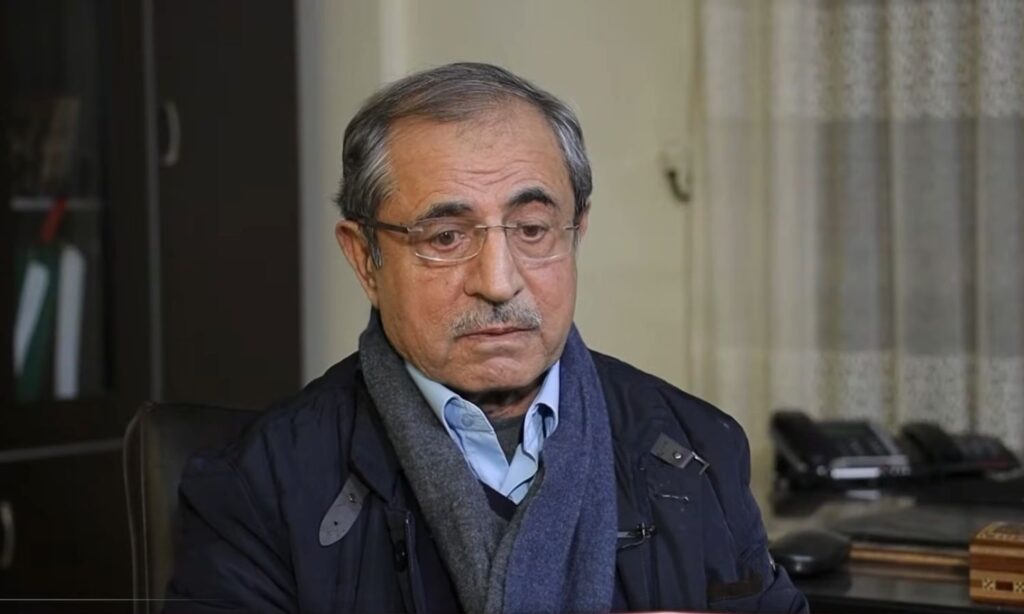The Ministry of Information in the interim government of Damascus has prohibited conducting interviews or publishing statements attributed to figures and symbols associated with the previous regime.
The ministry justified its decision in a statement today, Friday, February 7, by stating it was made to “avoid promoting criminals and those involved in the bloodshed of the Syrian people and their suffering.”
It considered the decision a commitment to “national directives, preserving public interest, and maintaining unity.”
The ministry emphasized that any violation will subject the channel and the media entity to immediate legal accountability.
After the fall of the Syrian regime on December 8, 2024, Arab and international media outlets began to host figures who were aligned with the previous regime, whether officially, like former officials, or loyal artists.
One of the most notable interviews was with former Interior Minister Mohammad al-Shaar, who surrendered to the Syrian authorities on February 4 of this year.
Al-Shaar conducted an interview with the Saudi channel “Al-Hadath” after surrendering, which stirred anger in the Syrian street, as some considered it “provocative” due to al-Shaar’s clear position and his role in the previous regime.
Al-Shaar was one of the most prominent security figures in Syria, having held several positions within security agencies until he served as Minister of Interior from 2011 to 2018, and is accused of involvement in several violations.
Arab and international channels have also conducted interviews with symbols and figures associated with the previous regime, some of whom remained inside Syria while others were outside.
Some interviews centered around justifying the previous officials’ stance in favor of the fallen Assad regime, or denying their involvement in violations or their knowledge of the torture and killings of civilians in prisons.
“Organizing media work”
The Ministry of Information issued guidelines at the beginning of this year aimed at “enhancing cooperation and organizing media activities in Syria.”
The ministry called on all media entities to coordinate with it in advance before organizing any media event, which requires obtaining official approval.
It also prohibited any sale of assets, equipment, or properties related to media work without obtaining a formal letter from the Ministry of Information.
The ministry stressed in one of its directives the prohibition of circulating any media content or publishing any news of a sectarian nature aimed at sowing discord and discrimination among the components of the Syrian people.
It justified this at the time as being to “ensure the promotion of national unity and preserve the Syrian social fabric in all its components.”
The ministry confirmed the necessity for all media institutions and media activists to work on “spreading values of brotherhood and shared coexistence,” emphasizing that any violation of this decision will expose its perpetrators to legal accountability.
The Ministry of Information stated that all press bodies formed during this transitional period will be subject to review and scrutiny by the Directorate of Press Affairs in the ministry before granting them the necessary licenses.

